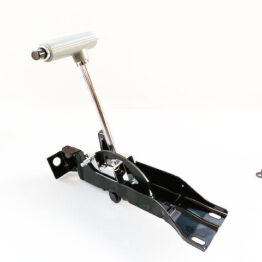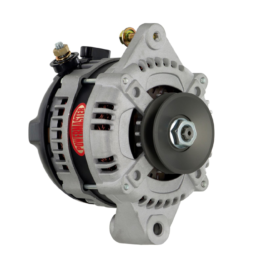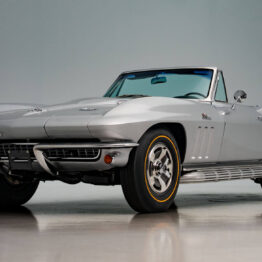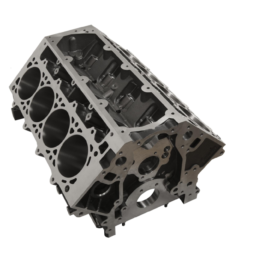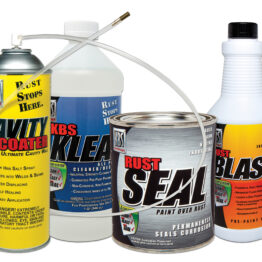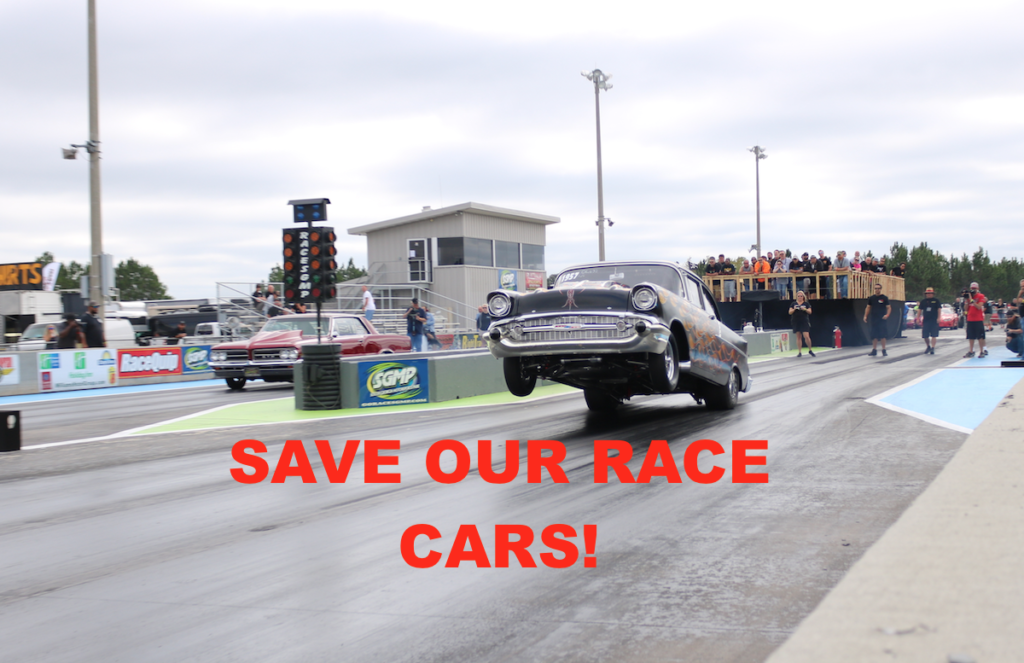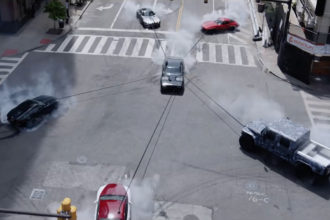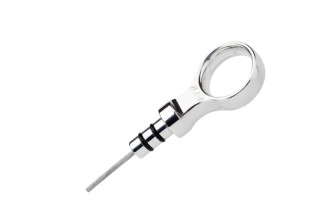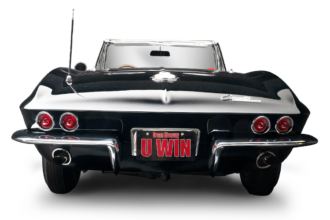The RPM Act moved through the Energy and Commerce Committee yesterday, Wednesday, December 6th, and is now heading to the House of Representatives where supporters will make their case, and urge representatives to vote yes on the bill.
The bill had a majority yes with 33 votes for it, but 20 votes were still against it. The RPM Act, standing for Recognizing the Protection of Motorsports, has 141 sponsors. Mostly Republicans sponsor the bill with 125 supporters, and only 16 Democrats support the bill, with sponsors coming from 36 states.
North Carolina Representative Patrick McHenry (R) introduced the bill that would change the way the Clean Air Act addresses the rights of racers when it comes to modifying their own cars. It would change the EPA’s bill to allow for modification of a vehicle’s air emission controls when the vehicle is being used for competition only.
The RPM Act was originally introduced in 2016 after the EPA removed a regulation that would make it illegal to modify a street car for racing. Prior to that, the EPA was trying to work language into the Clean Air Act that would make it illegal for any person to remove or alter emission controls on production vehicles that were being used for competition. They backed off of the initiative in 2015, but lawmakers wanted to get the jump on any future plans by the EPA to stop people from modifying emission equipment on race cars.
Under this current administration, the RPM Act has the best chances of passing. Since Democrats traditionally side with the EPA, it’s important that the bill is voted on before any potential seat changes or shifts of power during the next election cycle.
Like the Energy and Commerce Committee, the House of Representatives has a Republican majority. It would be nothing shy of shocking if the bill didn’t pass at this point, but even if it does, it doesn’t actually mean much for the individual who owns a streetcar, but it will protect the future of motorsports, so its still progress. You can follow the bill here, as well as read it in its entirety.
Shawn Henry is a Texas native who has spent the majority of his career building and selling F-Bodies and Corvettes. Now studying journalism, he is taking a new direction with his love of performance vehicles.


